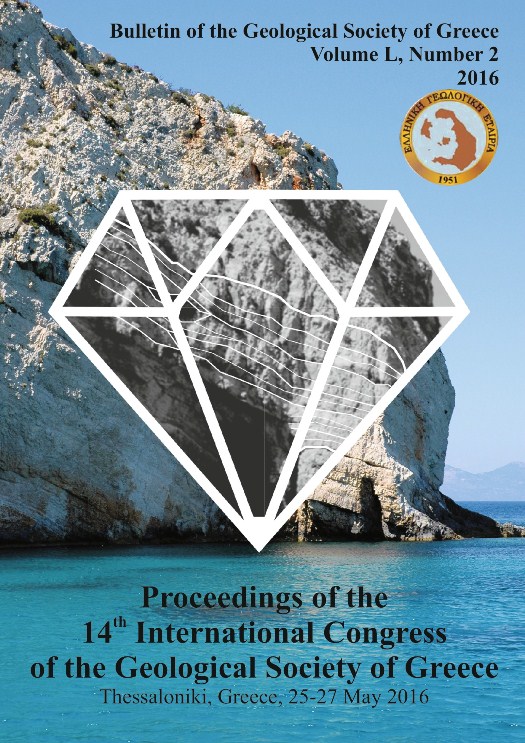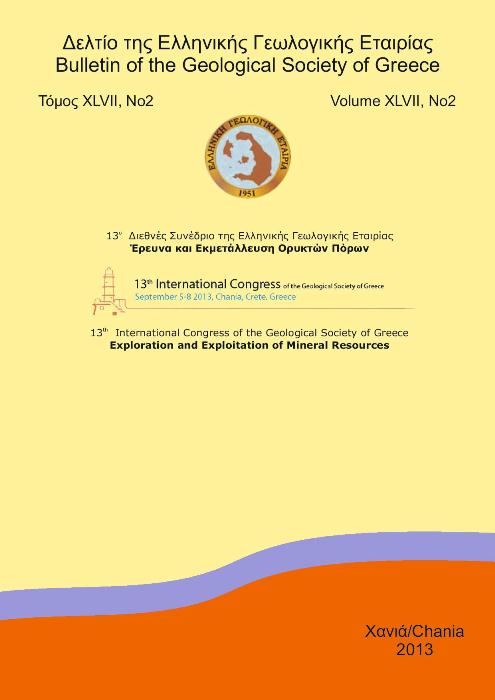The upgrading amenability of the phosphate deposits of Western Greece
Résumé
In Epirus, Western Greece, there exist extensive low quality phosphate rock deposits. Although phosphate fertilizers are extensively used in agriculture and Greece imports about 200.000 ton/y, of phosphate ore in addition to ready to use phosphate fertilizers, these deposits are not yet exploited.
This work examines the possibility to upgrade this type of ore using different methods of mineral processing. The results obtained are poor and unsatisfactory for commercial exploitation. The main reasons are the type of P2O5 bearing mineral and mainly it’s intergrowth with the associated gangue ones.
The present work examines the mineralogy and chemistry of the ore, the energy size relationship in crushing using a centrifugal crusher, its behavior in grinding, its behavior to heavy liquid treatment and its floatability using oleic acid as well as dialkyl-orthophosphate collectors. The later were specially prepared for this purpose. Finally the ore was calcined at 950 oC in order to dissociate the existing calcite to CaO, which is subsequently selectively hydrolyzed to give Ca(OH)2 that is finely disseminated in the pulp and can be separated from the coarser phosphate grain.
Article Details
- Comment citer
-
Pantelaki, O., Bellis, G., & Stamboliadis, E. (2013). The upgrading amenability of the phosphate deposits of Western Greece. Bulletin of the Geological Society of Greece, 47(4), 2000–2009. https://doi.org/10.12681/bgsg.11025
- Rubrique
- Exploration and Exploitation of Mineral Resources

Ce travail est disponible sous licence Creative Commons Attribution - Pas d’Utilisation Commerciale 4.0 International.
Authors who publish with this journal agree to the following terms:
Authors retain copyright and grant the journal right of first publication with the work simultaneously licensed under a Creative Commons Attribution Non-Commercial License that allows others to share the work with an acknowledgement of the work's authorship and initial publication in this journal.
Authors are able to enter into separate, additional contractual arrangements for the non-exclusive distribution of the journal's published version of the work (e.g. post it to an institutional repository or publish it in a book), with an acknowledgement of its initial publication in this journal. Authors are permitted and encouraged to post their work online (preferably in institutional repositories or on their website) prior to and during the submission process, as it can lead to productive exchanges, as well as earlier and greater citation of published work.





